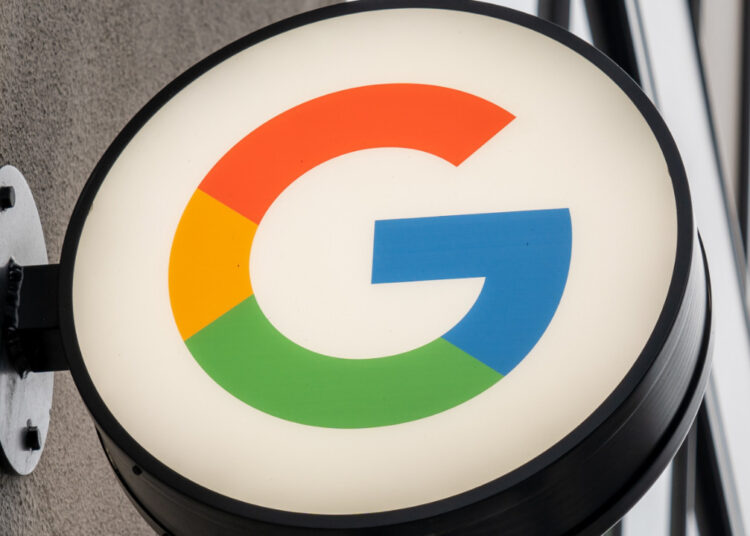Quantum computing, one of the most exciting developments in the quantum universe, progresses with the vision of overcoming challenges, and Google Quantum AI announced a new merger to accelerate its ongoing efforts since 2012. It announced the acquisition of a startup developing advanced scalable fault-tolerant quantum hardware called Atlantic Quantum, based at MIT.
This move is seen as a step expected to speed up Google’s roadmap for quantum computers. The most valuable contribution of Atlantic Quantum lies in integrated quantum computing hardware and especially in modular chip stack design. This approach addresses scalability issues by bringing superconducting qubits and their electronic control systems together to operate at ultra-low temperatures. Thus, Google will be able to grow qubit production and system integration more efficiently with Atlantic Quantum’s technology.
Work on Willow series chips will be supported with a broader scalability goal following this acquisition. Atlantic Quantum’s modular design stands out as a key mechanism for advanced scalability, potentially facilitating the practical application of quantum computers. While fault tolerance remains one of the critical issues in quantum computing, it also determines the speed of competition in this field.
The specific steps to be taken and how close we are to the ultimate goal of a fully fault-tolerant quantum computer are currently not tied to a clear timeline. However, this merger indicates that a critical phase has entered the quantum race and that competition continues. The delicate nature of quantum bits and their susceptibility to environmental interactions shape expectations for practical use, especially in the 2030s. Independent of large-scale ventures by Microsoft and others, Google’s collaboration with Atlantic Quantum could provide new momentum in the development of fault-tolerant technologies.









